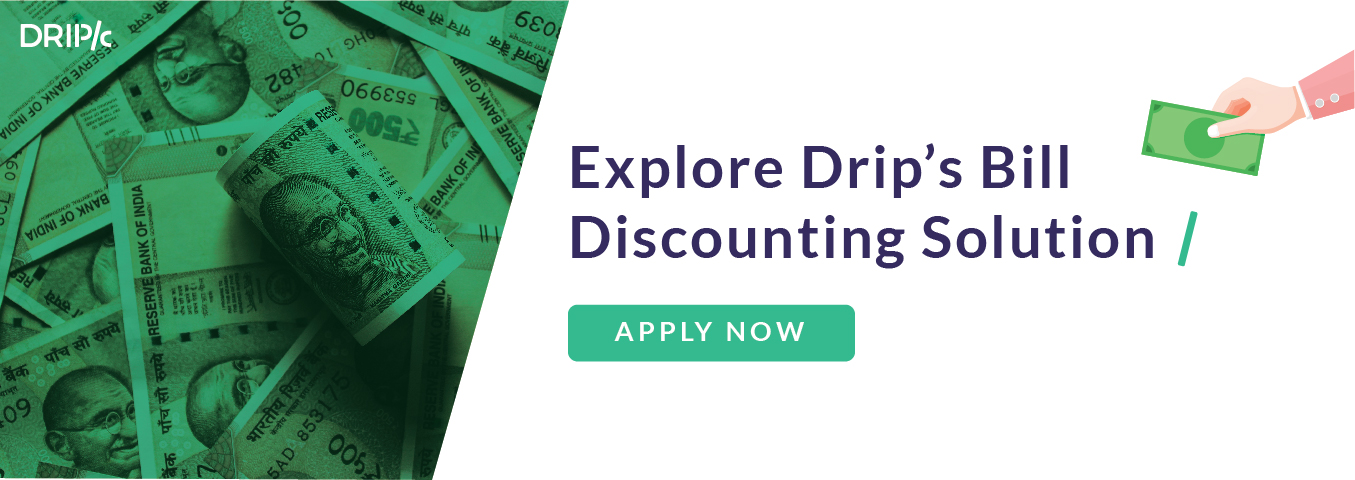The objective of the deemed export scheme is to extend the benefits or incentives enjoyed by exporters to suppliers who either contribute to exports indirectly (for example, a supplier who supplies his goods to an export-oriented unit) or suppliers who contribute to specified infrastructure projects. The policy aims to empower India’s domestic industry against the import of goods by providing duty-free inputs and benefits or exemptions on taxes or duties paid in India.
Deemed Exports - Meaning
The Export and Import (EXIM) Policy (1997-2002) defines ‘Deemed Exports’ as the goods (and not services) manufactured in India and transported locally i.e. they do not leave India. Deemed export basically means that the supplier may receive the payment for this transaction in either Indian Rupees or convertible Forex.
Difference between Export, Deemed Export, and Merchant export
Export: An export refers to a trade transaction wherein the goods are produced locally and then it is shipped to a foreign country.
Deemed Export: Goods classified as deemed export may not ship out of the country.
For example, when a Kerala based manufacturer supplies goods to an Export oriented Unit in Maharashtra, who further ships the product to its customer in the UAE - the first part of the transaction is classified as deemed export while the second transaction is considered an export.

Merchant Export: Merchant export is the process of procuring the goods locally and then exporting them under their label. A merchant exporter is someone who buys the goods locally and then exports it globally under his name.
Eligibility criteria for qualifying under Deemed Exports
Following are the conditions defined in FTP for any transaction to qualify as “deemed export”
- Only goods can qualify as Deemed Export. Services do not qualify.
- The production of goods must take place in India.
- The goods should not transport outside India.
- The goods must be notified by the Central Government as deemed exports under Section 147 of the Central Goods and Services Tax Act, 2017 (CGST Act)
- The transaction can be in Indian Rupees or any other convertible foreign exchange.
- The goods supplied as Deemed Export cannot be processed under a Letter of Undertaking (LUT) or a bond.
- The GST levied on the goods should be paid at the time of supply. A full refund on this tax can be claimed.
In addition to these conditions, the supply of goods to the following is treated as Deemed Export:-
- If the goods are supplied to a party that has an Advance Authorisation (AA)/ Advance License, such a transaction qualifies as a deemed export.
- If a person registered under GST supplies goods to an Export Oriented Unit (EOU)/ Electronic Hardware Technology Park Unit (EHTP) / Software Technology Park Unit (STP) / Bio-Technology Park Unit (BTP).
- Transactions made against Duty-Free Import Authorisation (DFIA).
- If capital goods are supplied to a recipient who is a holder of an Export Promotion Capital Goods Authorisation (EPCG scheme), the transaction qualifies as deemed export.
- Goods that are supplied for UN projects as well as nuclear power projects. Goods that are supplied for projects that are funded by bilateral or multilateral agencies.
Benefits of Deemed Exports Scheme
The goods that are eligible for being considered as deemed exports receive the following benefits:
The supplier receives an Advance License for intermediate supply/ deemed export/DFRC/ DFRC for intermediate supplies/special imprest license.
Deemed exports are exempted from the terminal excise duty or the duty is fully refundable.
The manufacturers are eligible for a Special Import License at the rate of 6 percent of the Freight On Board (FOB) value.
If the goods have been supplied against an Advance Release Order or Back to Back Letter of Credit, the supplier can avail of the benefits of the Deemed Export Drawback scheme, Refund of terminal excise duty, and Special Imprest License.
In the case of the supply of goods to a recipient who holds an EPCG license, the supplier can avail of all the above benefits except for the Special Imprest License or the Deemed Export Drawback Scheme. This applies to the cases where the supplies are made to a zero duty EPCG license holder.
Deemed Export Under GST
Exports i.e. the goods that are transported out of India are zero-rated under GST. This means that no gst rate is levied on deemed exports for goods as such. However, deemed exports are not zero-rated, and hence GST is levied on the goods that qualify as deemed exports. The supplier can avail of a full refund of this tax.
The central government has notified a wide range of transactions that can qualify as deemed export under the Central Government Notification No. 48/2017- Central Tax. Since these transactions are not zero-rated, the supplier or the receiver has to pay tax on the supply of deemed exports. However, these taxes also qualify for refund for deemed export under gst.
Also Read:
- Interest Equalisation Scheme | Everything Indian Exporters should know
- How to calculate CBM in Shipping?
- Marine Insurance: Meaning, Types, Benefits & Coverage
- Customs Clearance Process | All the Steps an Exporter Needs to Follow
- Export Credit Insurance | ECGC's Insurance System in India
- Demurrage | Meaning, Charges & difference with Detention
- Customs House Agent or Broker | Guide for Indian Exporters




